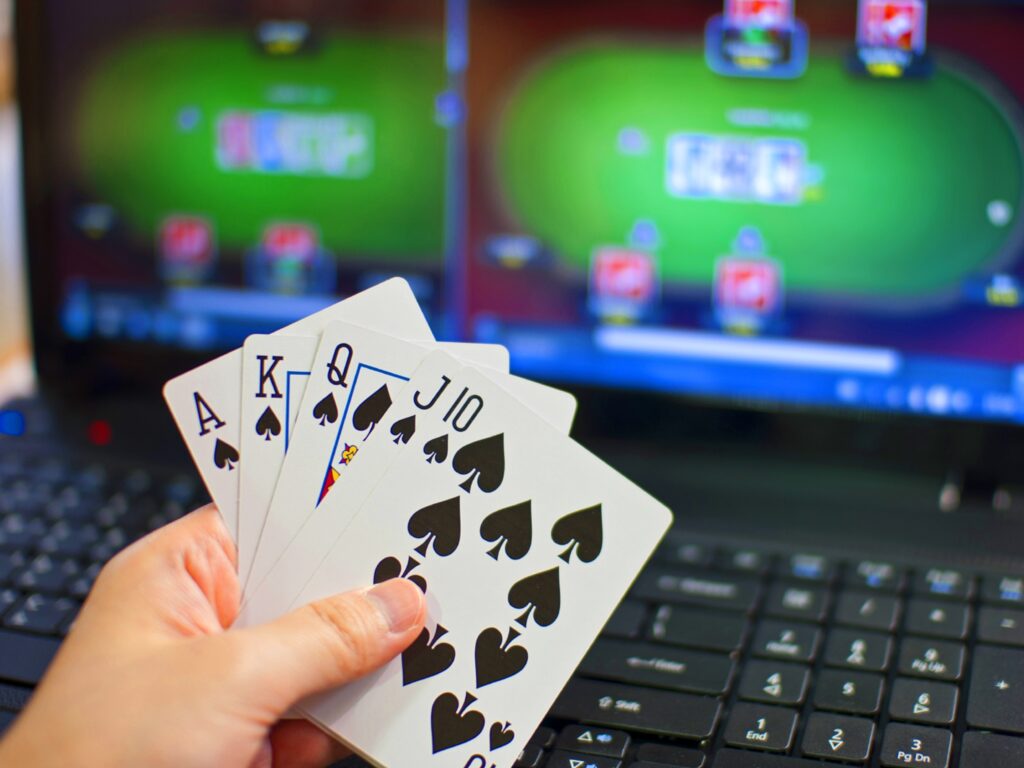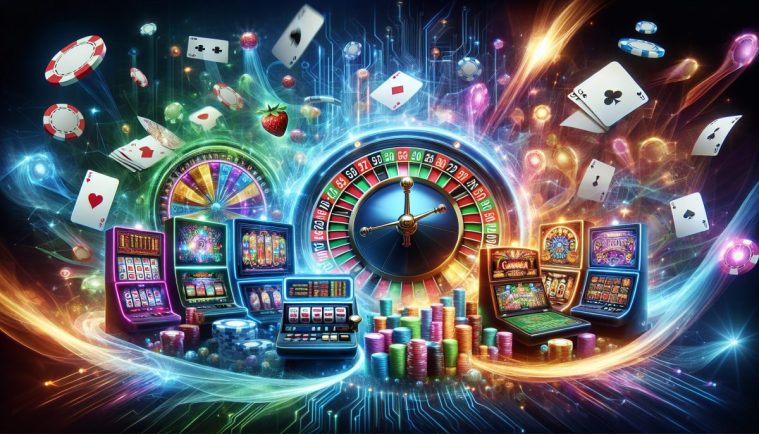Online Baccarat has grown into a beloved casino game for enthusiasts worldwide, offering a unique blend of simplicity, excitement, and potential for strategic play. Whether you are a seasoned gambler or a curious beginner, online Baccarat provides a thrilling experience that captures the essence of high-stakes gaming from the comfort of your home. Baccarat is a game of elegance and minimal complexity, making it accessible to players of all skill levels. Its straightforward rules where you bet on the banker, player, or tie make it easy to dive into, even for beginners. Online versions of the game further enhance the experience with user-friendly interfaces, engaging visuals, and exciting features as if live dealer options that replicate the authentic casino atmosphere. The accessibility of online Baccarat is another reason for its growing popularity. Available on desktop and mobile devices, the game allows you to indulge in its fast-paced rounds at your convenience.

Whether you are on a lunch break, relaxing at home, or traveling, Baccarat is just a few clicks away. While Baccarat is known for its reliance on luck, implementing strategic approaches can help maximize your chances of winning. One popular strategy is the Banker Bet, which statistically offers the highest probability of success due to the slightly lower house edge. Another effective approach is bankroll management. Set a budget before you begin playing and stick to it. Knowing when to walk away, whether you are ahead or behind, ensures a more enjoyable and sustainable gaming experience. Additionally, many online platforms provide demo modes where you can practice without risking real money. These opportunities allow you to familiarize yourself with the game, test strategies, and build confidence before playing for actual stakes.
The excitement of Baccarat is not solely tied to winning it is about the journey. The adrenaline rush as the cards are revealed, the camaraderie of live dealer games, and the joy of learning and refining your strategies make the experience rewarding. The sense of community in online 슬롯사이트 is also a notable highlight. Many platforms include chat features, enabling players to interact with others, share tips, and celebrate victories together. This social aspect enhances the overall enjoyment and makes each session memorable. Online Baccarat is a gateway to endless excitement and the potential for substantial winnings. Its accessibility, simplicity, and opportunity for strategic play make it an ideal choice for those seeking a thrilling casino adventure. With the right approach and a positive mindset, you can elevate your gaming experience and boost your winning streak, one card at a time. Dive in and discover the captivating world of online Baccarat today!





